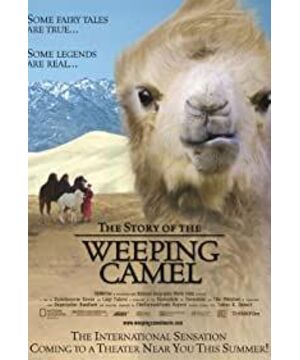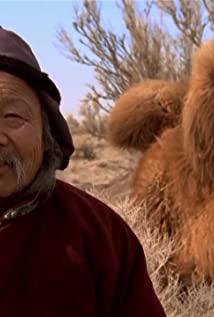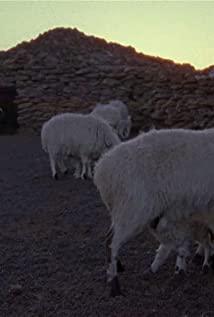The film should be regarded as a "premeditated" documentary. A camel mother was difficult to give birth, and she did not want to feed her milk after giving birth to a baby camel. So the owner had to run to a distance to find a luthier, and played the matouqin to the mother camel. . . Amid the melodious music, the mother camel shed tears, and never refused her child anymore.
Animals are more spiritual than humans and can more easily accept emotions in music, so postpartum depression is also easier to treat than humans.
When I watched the movie tonight, I felt that Lao Mei might find this film a bit boring, because I always hear someone yawning or moving around in the seat. But I have been deeply attracted by this film. Seeing the milk tea in the big pot, the goat crutches played by the children, and the wind and smoke in the desert, they all felt very cordial. The faces of those Mongolians are also familiar to me. Suddenly I felt that Outer Mongolia really should not be separated.
The camel son is a little white camel, not only cute, but very beautiful. Inside, I saw another little camel, which was not abandoned by his mother, gently biting her mother's leg under her mother's belly. The touch was the same as reading the index finger "This is Beijing at 4:08." There are also shots produced by female camels in the film. Although they are not as exciting as the shots produced by humans in Romance, they are also quite shocking. But the most memorable thing is the scene of the female camel finally leaving her tears: the music repeats over and over again, and everyone is thinking, will this really be useful? Then, a big teardrop fell from the beautiful eyes of the female camel. Then, turbulent tears flowed from her eyes. Seeing here feels like witnessing a miracle with my own eyes.
The sound of the matouqin is a very simple tone, and maternal love is also a very direct emotion. Moreover, you can understand without being a mother.
View more about Die Geschichte vom weinenden Kamel reviews










